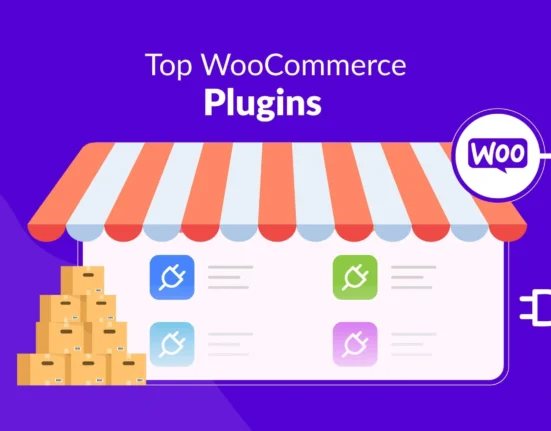In this article, we will go over the three most important aspects when it comes to website development. We will focus on picking a domain name and choosing the ideal hosting solution, which could be cloud hosting, VPS, or any of the others that we will mention. Last, but not least, we will discuss website platforms.
So, without further ado, let’s start:
Hosting a website
Website hosting provides you with an online hard drive and a server to store the information on your website and make it accessible to visitors.
There are various types of hosting available, such as shared, dedicated, VPS, and cloud hosting. Each option has its own set of advantages and disadvantages, so it is critical to carefully consider which type will best meet your requirements. Furthermore, if you want to find the best providers for VPS hosting or any other type, go to hostadvice.
Now, let’s take a closer look at each type of hosting.
Shared Hosting
Shared hosting is a type of hosting in which server resources such as RAM, CPU, storage, and bandwidth are shared by multiple website owners. As a result, the cost of hosting is also shared, making it a cost-effective option for new businesses.
It is important to note, however, that shared hosting may result in slower website performance due to shared resources. If your website receives a lot of traffic or requires a lot of resources, you should consider a different type of hosting.
Dedicated Hosting
Dedicated hosting is the most expensive, but it also gives you the most control and customization options. You have complete control over the configuration and security measures of your dedicated server.
If you run a large corporation and want to expand your online presence, dedicated hosting may be a good choice. However, keep in mind that this type of hosting can be expensive and may not be necessary for small websites or businesses.
VPS Hosting
In terms of resources and control, VPS hosting falls somewhere between shared and dedicated hosting. With VPS hosting, you share a server with other websites, but your resource allocation is dedicated and not shared with others. This allows for greater scalability and can handle sudden traffic spikes without issue.
VPS hosting also gives you control over your server but at a lower cost compared to dedicated hosting. If you choose an unmanaged VPS hosting plan, you will have complete control over the configuration and security measures of your server.
Overall, VPS hosting is an excellent choice for websites that require more resources and control than shared hosting but less than a dedicated server.
Cloud Hosting
Cloud hosting is a type of hosting that stores and manages data on virtual servers rather than physical servers.
One of the benefits of cloud hosting is that if your website experiences an unexpected increase in traffic or resource usage, you can easily scale up by utilizing additional resources from other servers. This can aid in keeping your website stable and accessible to visitors.
Cloud hosting is a good option for websites with fluctuating traffic patterns or resource-intensive applications because it allows you to scale up or down as needed.
Domain Name
A domain name is the address of your website, such as “www.google.com.” You can use your name as your domain name if you already have a brand, small business, or organization.
However, if you are a blogger or are just starting out, it is critical to select a unique domain name that is appropriate for your business or blog content. Choose a domain name that reflects the nature of your business or the subject of your blog.
Website Platform
When creating and managing a website, you must select a platform that provides the tools and resources needed to design and customize your site. There are several options, such as site builders and open-source platforms.
Site builders, such as WordPress, are simple to use and do not necessitate any technical knowledge. They provide you with pre-designed templates, editing tools, and design elements to help you build your website. Site builders are an excellent choice for those with little or no website development experience.
Conclusion
When it comes to building a website, there are three important aspects you need to consider. You need to choose a good domain name, select the right hosting solution based on your budget and resource requirements, and lastly, you need to choose a platform that you will utilize in the website-building process.






